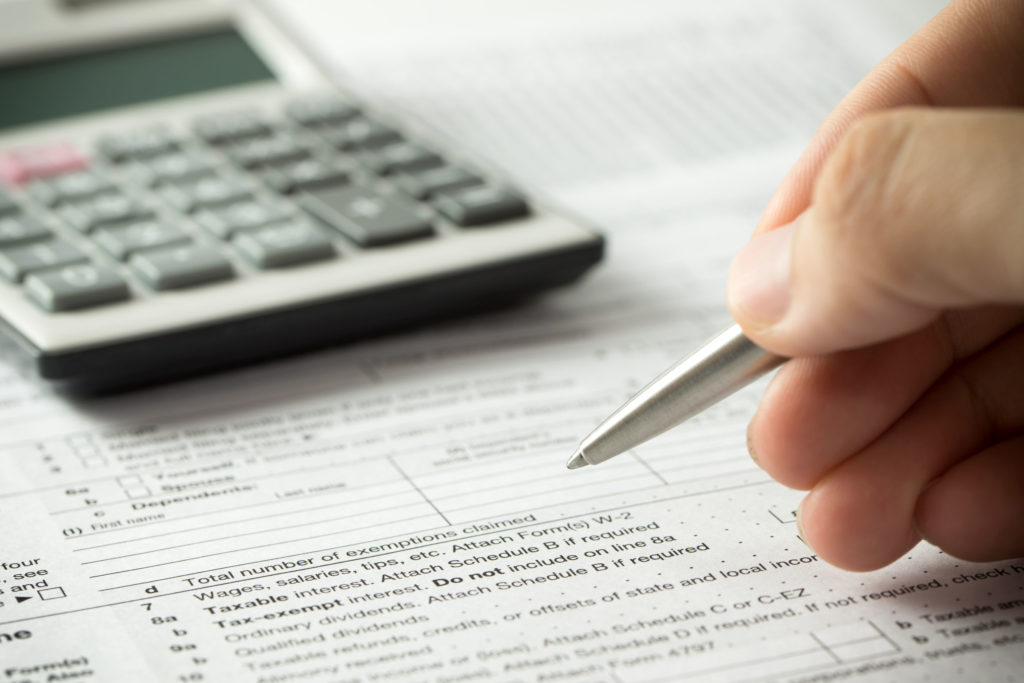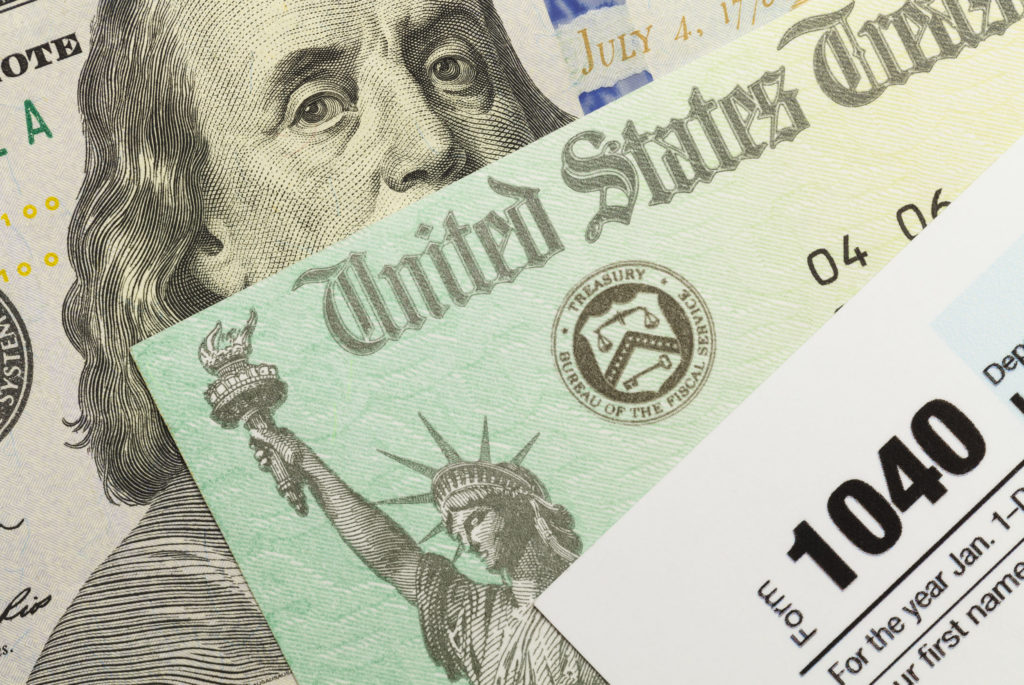Tax Debts in Bankruptcy
There are many misconceptions about bankruptcy. One particularly pervasive misconception is that tax debts cannot be discharged in a bankruptcy. This is not the case. Tax debts can be discharged as long as the debtor fulfills five requirements.

If you need help with tax debts, an Arizona bankruptcy lawyer from Lerner and Rowe Law Group may be able to provide assistance. Read more below about how you may potentially be able to discharge tax debts in bankruptcy, or contact us today for a free tax debt consultation.
What Are Tax Debts?
Tax debts are unpaid taxes that a debtor owes the Internal Revenue Service (IRS). They include any taxes you owe after the filing deadline has passed. When you are unable to pay your taxes, penalties are incurred, usually in the amount of 0.5% of the total debt amount each month. On top of this, the IRS can also charge monthly interest on the debt.
Sometimes, the IRS will remove or reduce such penalties. However, it is important to note that the IRS will not reduce or eliminate interest on unpaid taxes. If you have fallen behind on credit card payments, your mortgage, or your car payment, chances are that you may also have fallen behind on your taxes and may need legal help with tax debts.
How Do I Get Help with Tax Debts?
If you received a notice from the IRS including a total estimated tax liability, it is important to have a good understanding of what is expected of you and what your financial options are. Left unpaid, tax debts can lead to wage garnishment and seizure of your property.
Debt relief programs, penalty abatement, and tax debt reduction plans are one route that may help you avoid repossession and liquidation of your assets. While these may work for some, filing for bankruptcy with the help of an experienced bankruptcy attorney is often the most effective way to resolve significant debts, including tax debts.
A Chapter 7 bankruptcy, specifically, is one of the only methods to completely or mostly discharge all your tax debts. Note that you may still be required to liquidate some assets (with certain exemptions for homesteads and vehicles).

What Are the Requirements to Discharge Tax Debts?
There are five criteria which debtors wishing to discharge their tax debts must meet. Failure to meet any of the criteria is enough to disqualify you from discharging your tax debts through a bankruptcy.
Remember, tax debts can be discharged in only a Chapter 7 bankruptcy. You can, however, still restructure tax debt into more affordable payments by filing a Chapter 13 bankruptcy.
Only Income Taxes Can Be Discharged
The only kind of taxes that can be discharged in a bankruptcy are federal and state income taxes. Payroll taxes, fraud penalties, and other delinquent unpaid taxes cannot be discharged in a bankruptcy.
Note that although filing for bankruptcy can prevent the IRS from seizing property attached to tax liens, you may still be required to forfeit the profits of a home sale to the government to go towards unpaid taxes.
Tax Debts Must Be At Least Three Years Old
Tax debts are only dischargeable when they stem from a tax return that was filed and became delinquent at least three years ago. This includes all valid extensions for repayment. For example, if you filed a tax return for the year of 2016 in 2017 and tax debts were still present at the end of an extension period ending in October 2017, these tax debts would become eligible for discharge in October 2020.

Tax Returns Must Be Filed Two Years Prior to Bankruptcy
If you have not filed a tax return for the past two years or the IRS instead filed substitute returns on your behalf, you may not be able to discharge any resulting tax debts. Tax returns filed past the filing deadline or any applicable extensions may also not be eligible for discharge.
Taxes Were Assessed At Least 240 Days Ago
In order to discharge tax debts, they must have been assessed and entered into record by the taxing authority at least 240 days prior to filing for bankruptcy. Sometimes this time frame may be extended if you were offered a payment compromise or if you have previously filed for bankruptcy.
No Tax Evasion or Fraudulent Returns
Intentional acts of tax evasion or filing a fraudulent tax return will immediately disqualify you from discharging any associated tax debts. This can become complicated when you file a joint return with a spouse. In this case, the courts must prove that you and your spouse are both guilty of falsifying your tax return in order to bar you from discharging tax debts in bankruptcy.
Where Can I Find Help With Tax Debts in Arizona?
If you need help with tax debts in Arizona, a qualified bankruptcy lawyer can evaluate your case in order to help you choose the best solution. The bankruptcy attorneys at Lerner and Rowe Law Group have years of experience helping clients rebuild their finances and take charge of their futures.
For immediate help with tax debts in the Tucson area, call our office at 520-620-6200. For assistance in Phoenix and throughout Arizona, call us at 602-667-7777. You can also speak with an online representative right now using our LiveChat feature, or submit your case details 24/7 for a free evaluation. Learn how to take control of your tax debt—contact Lerner and Rowe Law Group today.

